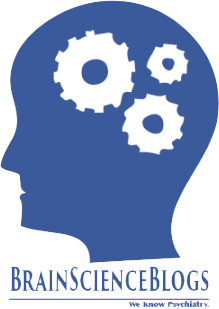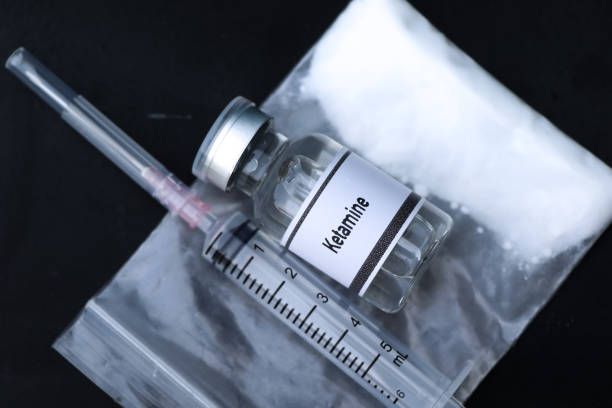Eli Lilly had hoped that EXPEDITION3 would prove to the world that amyloid beta was the cause of Alzheimer’s and that solanezumab could bend the curve of cognitive decline back to patients’ favor — or at least for patients with an early-stage, mild form of the disease.
Instead, the landmark failure — acknowledged well over a year ago — is raising fresh questions about whether investigators have been aiming at the wrong target for more than a decade of flops and disastrous failures.
It took awhile, but Lilly finally laid out the last big round of EXPEDITION data in the New England Journal of Medicine. And while solanezumab may have helped slow the memory-wasting ailment, the impact was far too slight to make an important difference for patients.
Comparing 1,057 patients on drug compared to 1,072 on placebo, the research team found a modest trend in its favor:
The mean change from baseline in the ADAS-cog14 score was 6.65 in the solanezumab group of patients with mild form of the disease and 7.44 in the placebo group, with no significant between-group difference at week 80 (difference, −0.80; 95% confidence interval, −1.73 to 0.14; P=0.10)….The change from baseline in the MMSE score was −3.17 in the solanezumab group and −3.66 in the placebo group.
And that’s where Lilly’s and former CEO John Lechleiter’s dreams of cashing in a golden ticket on a $10 billion drug were finally hammered into scrap — though there is still work underway to see if the drug can work to prevent the disease from occurring in the first place.
Lilly spent a fortune on its three big trials of solanezumab, prodded on by noted Alzheimer’s researcher Paul Aisen. Every big failure, though, inspired a new hunt for data that would back up a new theory of how it could work. And each fresh attempt went down to defeat.
Now some in the field are starting to ask if the Alzheimer’s research community should rethink the amyloid theory, looking for new evidence on the confluence of events that cause the disease.
In an accompanying editorial Paul Murphy from the University of Kentucky, Lexington, wrote: “We may very well be nearing the end of the amyloid hypothesis rope, at which point one or two more failures will cause us to loosen our grip and let go.”
That would have major implications for Biogen and others, though, who are still bound and determined to find the golden ticket for themselves. But that is looking more elusive than ever. In the meantime, there’s a big drive on to divvy up patients into smaller, genetically defined buckets in search of new drugs that could work. And there’s no sign that EXPEDITION3 or any other setback has deflected that singularly determined set of investigators.
SOURCE: ENDPOINTS NEWS and The New England Journal of Medicine




Leave A Comment